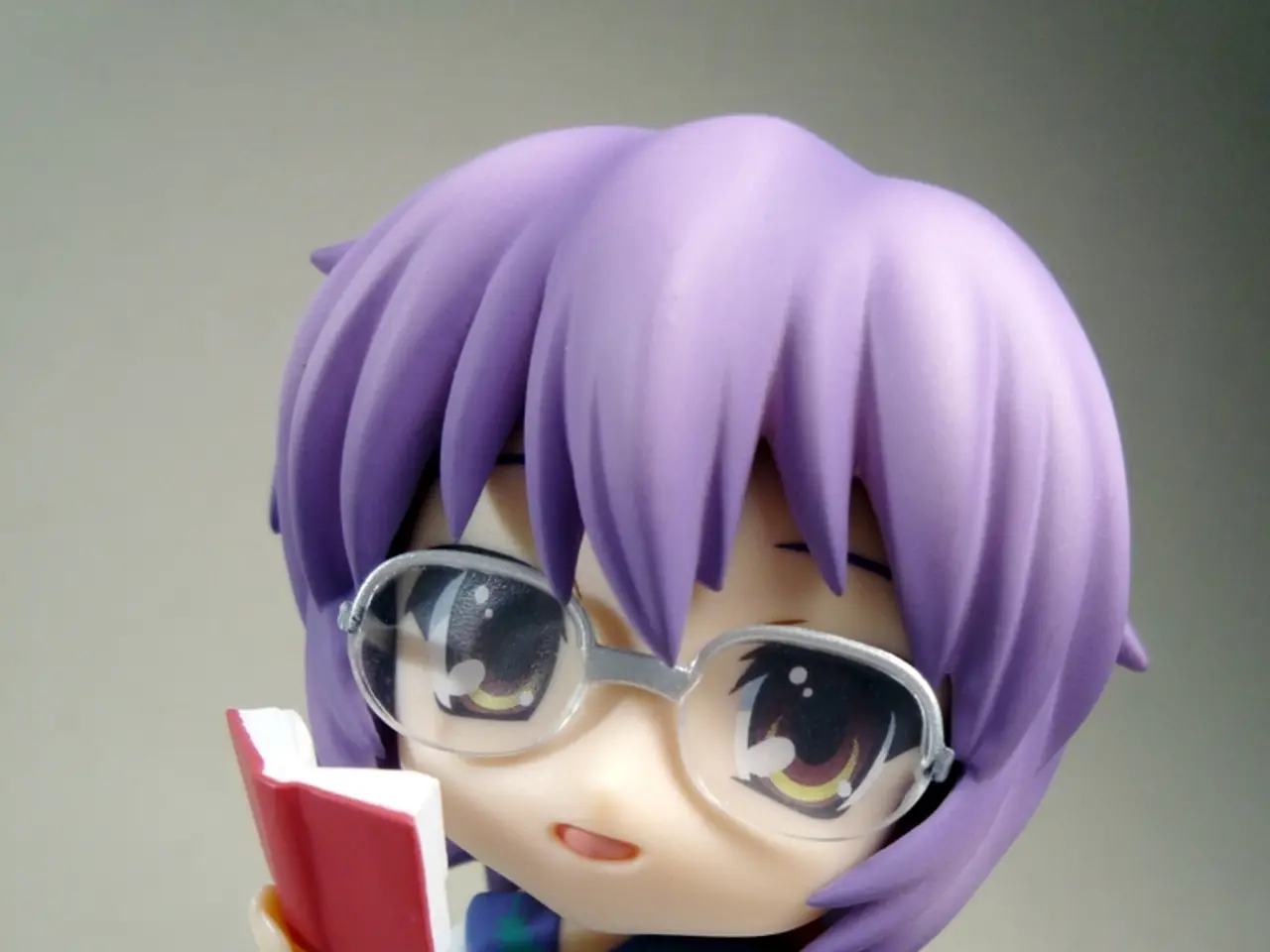Writer Pieter Esterhuizen discusses the character of Raaiselkind
In the vibrant world of South African cinema, "Raaiselkind" stands out as a poignant and thought-provoking film that delves into the life of a gifted young boy named Louis, who is diagnosed with autism. Written by Lize Vosloo and Pieter Esterhuizen, under the guidance of director André Velts, the film offers a compelling narrative that explores Louis's coming-of-age journey, his extraordinary intellectual abilities, and the challenges he faces within his family and the broader community.
At the heart of "Raaiselkind" is Louis's loving relationship with his family, particularly his mother, Ingrid (played by Diaan Lawrence), who is portrayed with deep emotion and resilience. One poignant moment in the film comes when Ingrid, speaking to an investigating officer, says, "Nie ge-verdra nie, ge-liefd" ("Not tolerated - loved"). This sentiment encapsulates the film's exploration of family dynamics and the unwavering love that exists despite the challenges posed by autism.
The film is an adaptation of Annelie Botes' novel of the same name, and Botes worked closely with the screenwriters to ensure the story's accuracy and authenticity. The process of adapting the 270+ page novel into a 90-100 page screenplay was no easy feat, but the team managed to create a compelling narrative that focuses on Louis's journey, his family's struggles, and the societal stigma they face.
"Raaiselkind" is not a documentary about autism, but rather a poignant exploration of the journey of a family whose son is diagnosed with Autism. The film sensitively depicts the emotional and practical impact of autism on Louis's family life, showing the parents' struggles to balance their hopes for Louis's future with the realities of his condition. The evolving family dynamics are portrayed realistically, illustrating how autism requires adjustment and growth from every member.
The film aims to create an emotional experience for viewers, educate, and help create a language to describe what it means to be "autistic." It emphasizes the uniqueness of individuals with autism, highlighting both challenges and strengths. The film also explores the difficulties in communication between Louis and others, as well as within the family, and reflects on feelings of isolation that can come with autism but also the desire for belonging and understanding.
For aspiring writers who dream of seeing their screenplays on the big screen, the team behind "Raaiselkind" offers valuable advice. André Velts, the film's director, emphasizes the importance of having fun during the screenwriting process, as it should be enjoyable. Sally Campher, the film's producer, believes that a great film should evoke a change in the audience, rather than simply fulfilling their expectations. They encourage writers to never stop writing, to develop their craft, and to write for their audience, rather than for themselves or industry professionals.
In conclusion, "Raaiselkind" is a powerful and moving film that offers a heartfelt portrayal of growth, empathy, and resilience. It is a must-watch for anyone seeking to understand autism better and for those who appreciate thoughtful and emotionally resonant storytelling.
- With the film's focus on Louis and his family, it seamlessly transitions from exploring autism to becoming a beacon for education and self-development, delving into the complexities of mental health and personal growth.
- Beyond its portrayal of Louis's life, "Raaiselkind" also serves as a resource for health-and-wellness and education-and-self-development, offering insights into the intricacies of autism while simultaneously validating the uniqueness of individuals with the condition and fostering a deeper understanding among viewers.




